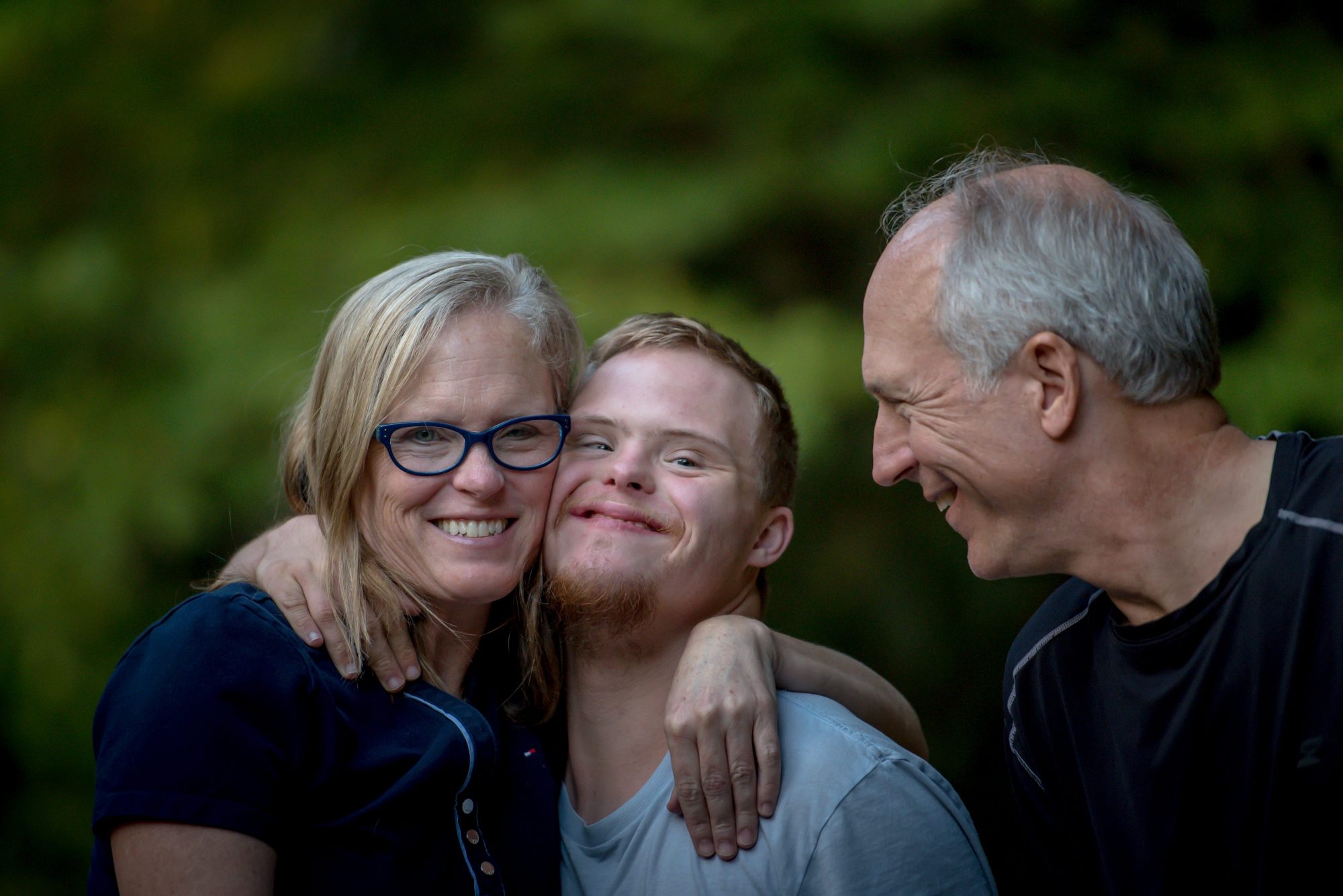Title
Exercising Choice and Control: women with learning disabilities and their reproductive health care needs
Principal Researchers
Michelle McCarthy
Funding Source
Dept. of Health
Background/Rationale
Many women with learning disabilities use contraception, yet research suggests their pattern of contraceptive use does not match that of other women of child-bearing age i.e. there is disproportionately high use of the injectable contraceptive Depo-Provera and a disproportionately high use of the IUD amongst young women with learning disabilities who have not had children (McCarthy 1999). Use of barrier methods are uncommon amongst this group of women (Chamberlain et al 1984). There is also a relatively high prescription rate of the contraceptive pill to women with learning disabilities for reasons other than avoidance of pregnancy, e.g. to manage menstrual problems (Carlson and Wilson 1994). Many women with learning disabilities report that they lack the opportunity and the information necessary for them to make considered choices about their preferred methods of contraception (McCarthy 1998). Use of HRT for women with learning disabilities of menopausal age is a wholly under-researched topic, but there is no reason to think that women who are prescribed this would be any more able to exercise choice and control than their younger counterparts. Given the lack of accessible health information (Rodgers and Russell 1995) and the widespread lack of support to make health care choices (Keywood et al 1999), it must be highly questionable as to whether many women with learning disabilities are actually giving the informed consent to treatment that doctors should seek from their patients (Arscott et al 2000).
Aims & Objectives
The proposed study would explore what women with learning disabilities who are using contraception (any method) or HRT really understand about what has been prescribed to them. Areas of investigation would include:
- reasons for prescription;
- how the contraceptive method or HRT actually works (it is recognised that people are unlikely to have detailed or medical knowledge, therefore simple lay descriptions would be explored)
- awareness of any side-effects or after-effects
- any alternatives there may have been to the chosen method and why these were rejected
Method
This study will be based on:
- Semi-structured interviews with 30 women with learning disabilities: 20 who are using contraception; 10 who are using HRT. Whilst efforts will be made to include women with more severe learning disabilities, it is recognised that, because the women will need to be able to talk to the researcher about their views and experiences, this effectively means most or all participants will have mild or moderate learning disabilities. The study will include women from Black and ethnic minority communities. It will also seek to include women with mild learning disabilities who receive little or no support from specialist statutory services, as their needs may be overlooked as much as, to even more than, those who do receive support services. (MLD Alliance 2000, Simons 2000).
- A postal survey and, where possible, focus groups, to explore the attitudes and practices of GPs, family planning doctors and other key personnel (e.g. practice nurses) will also be conducted.
Findings
Data collection still ongoing.
Current status and publications
Data collection is due to be completed in the autumn of 2005.
